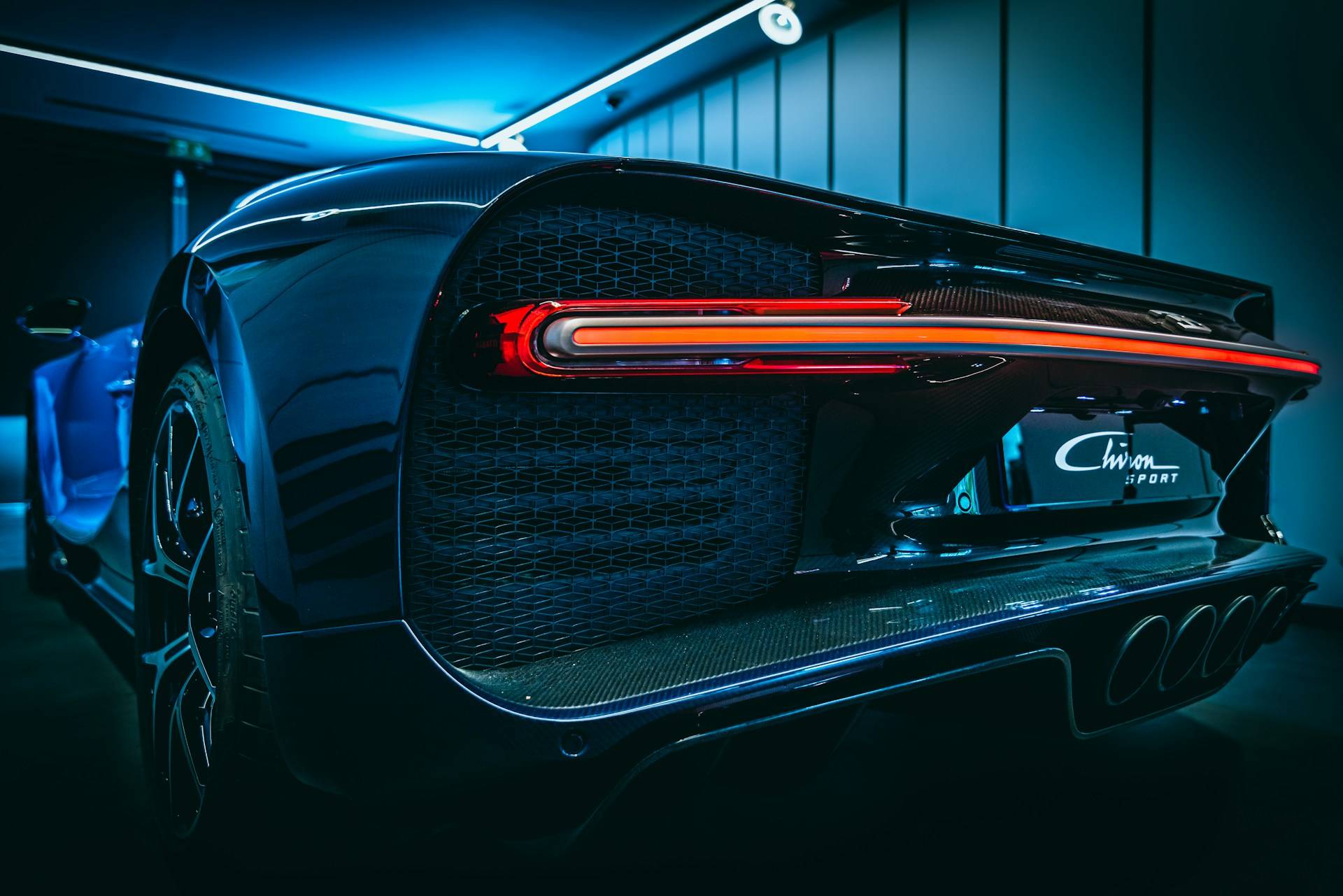
Successfully Importing Your Car to France: A Step-by-Step Guide for Expats
As an expat relocating to France, you may wish to bring your personal vehicle to your new home to retain the convenience of independent travel and commute. However, importing and registering a foreign vehicle in France involves navigating complex regulations, formalities, and administrative procedures that can be daunting for newcomers.
With the support and expertise of French Connections HCB, France’s all-in-one administration partner, you can efficiently manage this process, ensuring a smooth transition and hassle-free driving experience in your new home country.
Our team at French Connections HCB specialises in assisting expats with all aspects of their move to France, including crucial details like importing and registering vehicles. We offer valuable insights and comprehensive support, enabling you to tackle bureaucratic challenges and meet the required guidelines with confidence.
In this guide, we will demonstrate the key steps and requirements involved in importing and registering your vehicle in France, covering areas such as customs declarations, vehicle inspections, taxation, and insurance. By relying on the expert guidance of French Connections HCB, you can successfully import your personal vehicle, ensuring a seamless and enjoyable life on the French roads.
1. Customs Declaration and Vehicle Import Taxes: Meeting Legal Requirements
Successfully importing your vehicle to France involves managing customs declarations and understanding applicable taxes:
– Temporary Importation: If you plan to stay in France for less than six months, you may temporarily import your vehicle without paying import taxes. However, you must follow formalities such as submitting a customs declaration and securing a temporary registration.
– Permanent Importation: For a permanent import, you must submit a customs declaration and pay any value-added tax (VAT) or import duties, depending on your vehicle’s age and value. EU residents transferring their residence to France may be exempt from these taxes under specific conditions.
Let French Connections HCB’s expert team guide you through the process of customs declarations and tax implications, ensuring compliance with French vehicle import regulations.
2. Vehicle Inspections and Modifications: Ensuring Roadworthiness
To register your vehicle in France, you must meet the technical standards and pass the mandatory roadworthiness inspections:
– Registration Inspection: After fulfilling the customs requirements, your vehicle must undergo an initial registration inspection (Contrôle Technique) at an approved testing centre within one month of import.
– Vehicle Modifications: Ensure your vehicle complies with French regulations, such as having the headlights adapted to emit rightwards-facing dipped beam. If necessary, consider engaging an approved garage to carry out required modifications prior to the registration inspection.
– Regular Roadworthiness Inspections: After successfully registering your vehicle, be prepared for periodic roadworthiness tests (Contrôle Technique), typically carried out every two years for vehicles over four years old.
Trust French Connections HCB to provide the support and information necessary to meet the required vehicle standards and inspections for successful registration in France.
3. Insurance Requirements: Safeguarding Your Vehicle and Drivers
Before registering your vehicle in France, you must ensure it is adequately insured according to French regulations:
– Mandatory Insurance: At a minimum, you must obtain third-party liability insurance (Responsabilité Civile) to cover any damage or injuries inflicted on others in an accident.
– Comprehensive Insurance: For more extensive coverage, consider opting for a comprehensive policy (Tous Risques) that includes coverage for damage to your own vehicle, theft, vandalism, and fire.
– Insurance Certificate: Obtain an insurance certificate (Carte Verte) from your insurer, displaying the policy details and expiry date, to present during the registration process.
With French Connections HCB’s guidance, secure the appropriate insurance coverage for your vehicle, ensuring legal compliance and peace of mind on the French roads.
4. Vehicle Registration and Certificate: Completing the Import Process
Finalise your vehicle importation by registering your vehicle with the French authorities and obtaining a registration certificate (Carte Grise):
– Application Submission: Apply for a registration certificate by submitting your vehicle documents, insurance certificate, and Contrôle Technique report online on the Agence Nationale des Titres Sécurisés (ANTS) website.
– Registration Fees: Pay the applicable vehicle registration fees during the application process, based on factors such as your vehicle’s age, power, and CO2 emissions.
– Temporary and Permanent Plates: Upon completing the registration, you will receive a temporary registration number (Certificat Provisoire d’Immatriculation) to use until your permanent plates are issued.
Drive with Confidence, Supported by French Connections HCB
Successfully importing and registering your vehicle in France is an essential aspect of easing your transition as an expat and embracing the freedom of convenient travel in your new home. With French Connections HCB by your side, you can efficiently manage the complexities of vehicle importation, overcome bureaucratic challenges and enjoy a seamless driving experience.
Embrace your French adventure with unwavering confidence, knowing that French Connections HCB is your trusted partner in every aspect of your move, from vehicle importation to comprehensive administration support. Let our expert team guide you through this exciting journey, making your France vehicle registration a smooth experience.